How much longer can things go on like this? That is the question on the lips of Tory ministers and MPs this week. A government that was already facing the monumental challenge of Brexit now finds itself dealing with a scandal that has claimed one cabinet scalp and led to another Conservative MP being referred to the police. At the same time, Priti Patel has been running her own freelance foreign policy.
To make matters worse, the Prime Minister’s closest political ally is caught up in the Westminster scandal. Damian Green is under investigation by the Cabinet Office for his personal conduct. If he has to go —and several of his allies in the government are not optimistic about his prospects — it will be a devastating blow to Theresa May. She brought him into the cabinet for the first time and made him First Secretary of State. If he has to walk, it will raise questions about her judgment. It will also disrupt the government; a large part of his job is to prevent an unmanageable backlog of work building up in No 10. Ministers fret that, if he resigns, they’ll end up waiting forever for decisions from Downing Street on issues great and small.
Admittedly, no party leader would find the debate surrounding sexual conduct at Westminster easy to deal with. The expenses scandal was, by contrast, black and white. It was clear who had committed a serious offence — and there was a way for those guilty of relatively minor transgressions to make amends. This time round, far more of the evidence is disputed.
But Theresa May should be better placed to deal with this scandal than almost any other politician you can think of. She is not part of Westminster’s late-night culture. As she said when she launched her leadership bid last year, she doesn’t go drinking in the bars of the Palace of Westminster. And she isn’t a gossip either. Her initial popularity with the public was a result of the fact she wasn’t part of the SW1 set. But despite these advantages, so far May has struggled to gain control of this scandal. She hasn’t managed to grip it in the way that David Cameron did expenses in 2009.
She also blundered in how she replaced Sir Michael Fallon as Defence Secretary. Her decision to promote Gavin Williamson to the job infuriated colleagues, who couldn’t fathom why May was moving her Chief Whip at this most delicate of moments. As one minister puts it: ‘Those of us who just want to keep the show on the road can’t understand what’s going on.’
The backlash to the appointment has been such that it has once again had Tory MPs wondering how much longer the Prime Minister can carry on. As a former minister warns: ‘It chips away at things.’ One Secretary of State reports that the debate over whether May should stay or not is ‘shifting’.
It has become almost a cliché to observe how like the 1990s the current situation is. You have a Tory government split over Europe and dependent on Northern Irish MPs to get its legislation through the Commons. And there are sleaze allegations repeatedly rocking the government. But there is, perhaps, another similarity to the 1990s that is less remarked upon. When John Major was prime minister, he didn’t pick a side on Europe because his survival strategy was to avoid doing so. Some think May is doing the same: that her refusal to set out the UK’s final relationship with the EU is a deliberate attempt to extend her shelf-life.
Certainly, both sides in the cabinet debate fear that the other could win if May went early. Brexiteers worry that her departure would mean that the commitments for Britain to leave the single market and the customs union could be unpicked. By contrast, those who backed Remain think that only a Leaver could gain the leadership now and that they would owe their premiership to a pledge that Britain would break decisively with the EU. Indeed, a growing number of ministers who voted Remain think that if a leadership election takes place before 30 March 2019, the next leader will have to be a Leaver. I understand that when one former member of David Cameron’s Downing Street team recently checked to see if Amber Rudd would throw her hat into the ring in these circumstances, he was told that she didn’t think she could be a candidate before Britain has technically left the EU.
The question is whether May will show her hand anytime soon. Remarkably, and ridiculously, the cabinet has still not had a proper discussion on this issue. Its members have never sat down and hammered out whether they are ultimately prepared to sacrifice some market access for the ability to diverge from EU regulations. (If they are not, it does beg the question of why Britain is quitting the EU. There is little point in leaving if we are only going to shadow all the rules from the outside.)
This failure to make a decision is stopping the government from articulating a vision for Britain after Brexit. If Britain is prepared to diverge from the EU, then the government can start setting out how it intends to make this country the best place in the Western world to do gene editing, develop machine learning and bring driverless cars to market. This would be a proper 21st century industrial strategy.
No. 10 is being buffeted by events. So far, the ministers and Tory MPs who are in trouble in this Westminster scandal are being probed for things that happened before Mrs May became Prime Minister. But the government is finding it so hard to get on the front foot because it doesn’t have a story to tell about itself. That needs to change — but it won’t until the government decides what kind of country it wants Britain to be.
James Forsyth and Fraser Nelson discuss the Cabinet crisis on The Spectator Podcast.
Got something to add? Join the discussion and comment below.
Get 10 issues for just $10
Subscribe to The Spectator Australia today for the next 10 magazine issues, plus full online access, for just $10.
You might disagree with half of it, but you’ll enjoy reading all of it. Try your first month for free, then just $2 a week for the remainder of your first year.


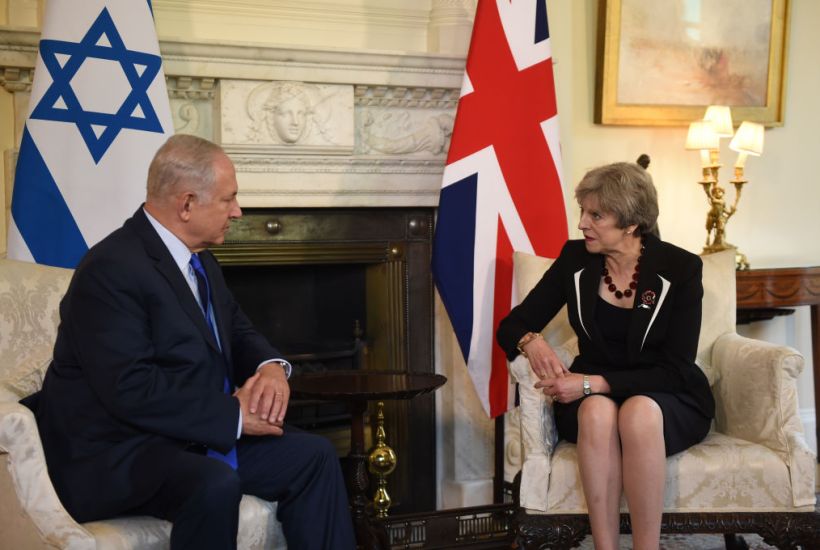

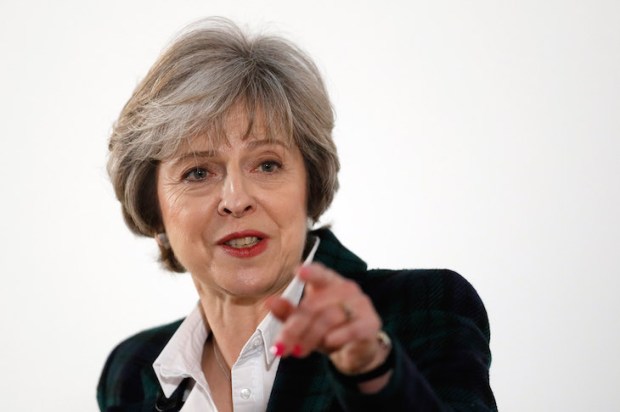
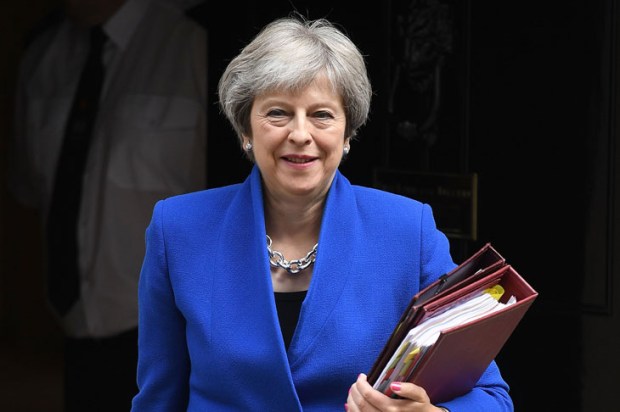
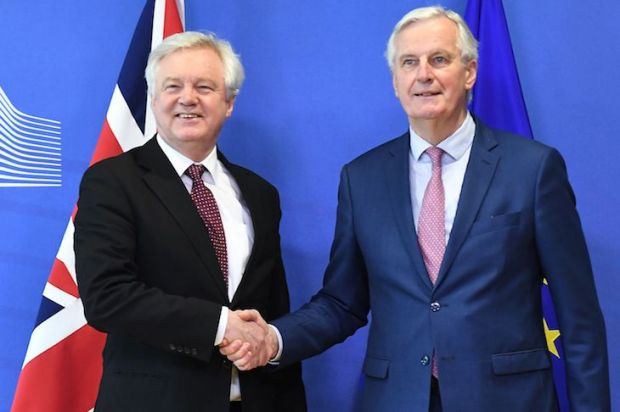
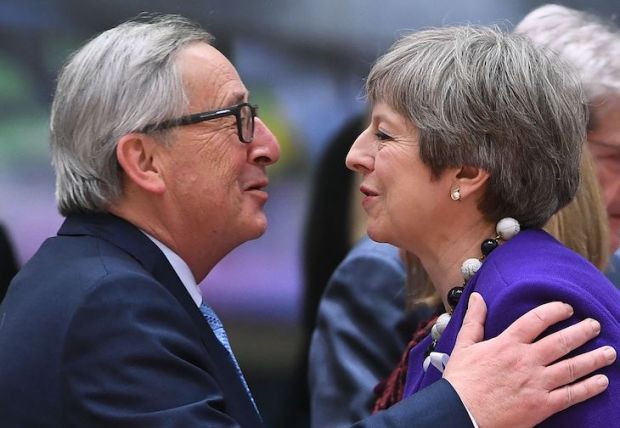
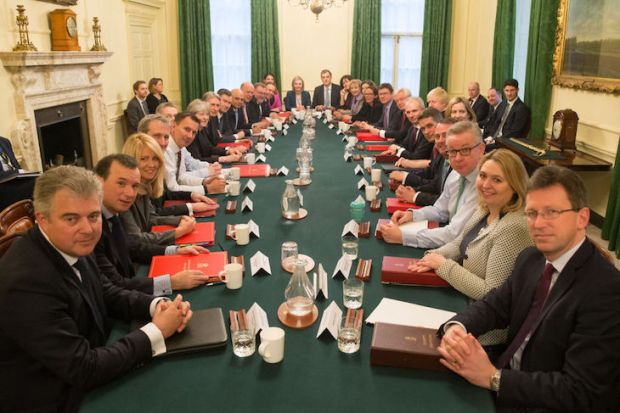






Comments
Don't miss out
Join the conversation with other Spectator Australia readers. Subscribe to leave a comment.
SUBSCRIBEAlready a subscriber? Log in